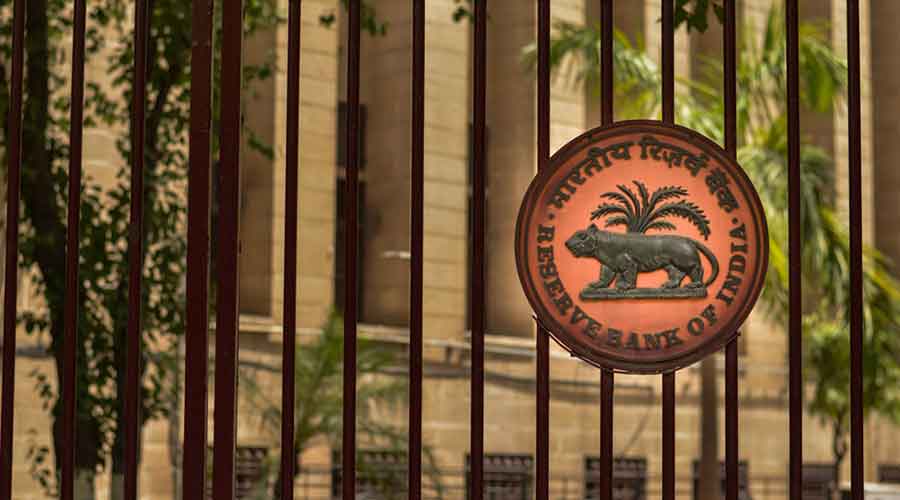
Uncertain yield : The RBI’s efforts at combating Covid-19, although well-meaning, have remained largely ineffective
Don't Miss
The Editorial Board | TT | 09.08.21 : The Reserve Bank of India has, quite expectedly, kept policy rates unchanged despite creeping inflation to retain its accommodative stance to support macroeconomic growth. The repo rate remains unchanged at 4 percent as do the reverse repo rate at 3.35 percent and the bank rate at 4.25 percent. It has also kept unchanged its forecast for GDP growth for FY22 at 9.5 percent. The consumer price index inflation rate has been revised from the earlier forecast of 5.1 per cent to 5.7 percent. Although the GDP forecast remains at 9.5 percent, the quarterly figures have been changed with the bulk of the growth coming in the first quarter of FY22 — expected to be 21.4 percent — with the third and fourth quarter projections as low as 6.3 and 6.1 percent, respectively. The reason for this imbalance in quarterly growth rates is not clear. Perhaps the RBI has observed that there is a surge in pent-up consumer demand after the ebbing of the second wave of Covid-19 infections. For the remaining quarters, the outlook is more complicated with uncertainties regarding the third wave, global commodity prices and financial market volatility. Given the complex, unpredictable future, the projection for growth is likely to be revised going forward.
An experiment that the RBI began this year was in terms of a new scheme, G-SAP, by which the central bank would undertake planned purchases of government bonds to influence the yield curve. It would ensure that the yields on government paper would not experience spikes. Hence the government could meet its borrowing requirements at a stable, low cost. To this effect, the RBI has announced two more tranches of auctions, each worth Rs 25,000 crore, in August 2021 under G-SAP 2.0. However, this experiment, still in its early days, has not been able to anchor expectations regarding bond yields. The yield on 10-year government paper has been creeping up and is currently around 6.234 per cent. Business and consumer confidence remains virtually stagnant in the face of a challenging past and an uncertain future. Inflation could continue to creep up beyond the RBI’s tolerance limit. On top of this, if aggregate demand does not pick up, the ability to keep policy rates low will come under stress. The RBI has claimed that it has introduced more than 100 measures to combat the impact of Covid-19. Given the poor state of output, inflation and employment, the RBI’s efforts, although they are well-meaning, have remained largely ineffective.


0 Response to " Uncertain yield : The RBI’s efforts at combating Covid-19, although well-meaning, have remained largely ineffective"
Post a Comment
Disclaimer Note:
The views expressed in the articles published here are solely those of the author and do not necessarily reflect the official policy, position, or perspective of Kalimpong News or KalimNews. Kalimpong News and KalimNews disclaim all liability for the published or posted articles, news, and information and assume no responsibility for the accuracy or validity of the content.
Kalimpong News is a non-profit online news platform managed by KalimNews and operated under the Kalimpong Press Club.
Comment Policy:
We encourage respectful and constructive discussions. Please ensure decency while commenting and register with your email ID to participate.
Note: only a member of this blog may post a comment.